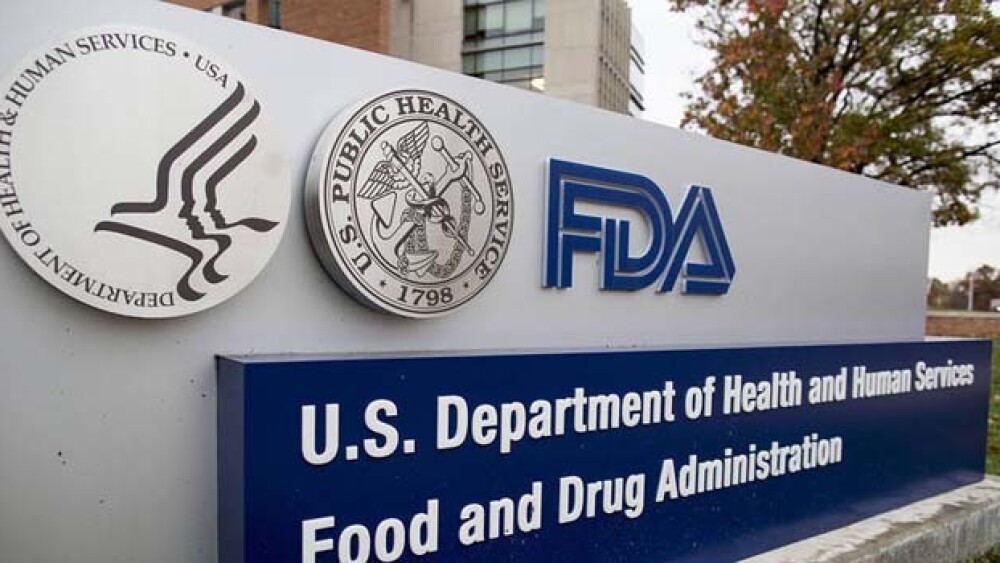The U.S. Food and Drug Administration withdrew its draft guidance on statistical methods to evaluate the analytical similarity between branded drugs and biosimilars.
The U.S. Food and Drug Administration (FDA) withdrew its draft guidance on statistical methods to evaluate the analytical similarity between branded drugs and biosimilars.
The guidance “Statistical Approaches to Evaluate Analytical Similarity” was initially issued in September 2017. The FDA withdrew the draft guidance on June 21. The guidance was intended to provide advice for biosimilar developers regarding the “evaluation of analytical similarity between a proposed biosimilar product and a reference product,” the FDA said. The FDA withdrew its guidance following public input that expressed some concerns. One of the filers was Sarfaraz K. Niazi, an adjunct professor specializing in biosimilar development at the University of Illinois and the founder of Pharmaceutical Scientist, Inc., a consulting company. In his petition, Niazi said the FDA should waive bridging studies for qualified non-US comparators and encouraging payers to reimburse only for biosimilars when prescribed for new patients.
Additionally, Niazi raised concern over errors in the analytical similarity testing protocols. As a result, Niazi offered alternative approaches that limit the testing to non-release quality attributes to reduce the number of reference product batches required. Doing so would create a mechanism to make reference samples freely available and allow more ethical in vitro immunogenicity testing, according to a statement issued by Pharmaceutical Scientist.
The FDA said it will withdraw the guidance as it “give further consideration” to the scientific and regulatory issues that are involved. The comments raised concerns over cost and efficiency of biosimilar development, which included the number of reference product lots that the 2017 draft guidance recommended biosimilar developers sample in the “evaluation of high similarity and the statistical methods” for the evaluation, the FDA said. The regulatory agency added that by addressing the raised issues in the future, it can “advance principles that can promote a more efficient pathway for the development of biosimilar products.”
“Biosimilars foster competition and can lower the cost of biologic treatments for patients, yet the market for these products is not advancing as quickly as I hoped. I believe that the FDA can do more to support the development of biosimilars, as well as promote the market acceptance of these products. As the cost to develop a single biosimilar product can reach hundreds of millions of dollars, it’s important that we advance policies that help make the development of biosimilar products more efficient, and patient and provider acceptance more certain,” FDA Commissioner Scott Gottlieb said in a statement.
Biosimilars are designed to have active properties that are similar to an approved drug, called a reference drug by the FDA. They are always uniquely different in composition, which differentiates them from generic drugs, which are exact replicas of other drugs. Biosimilars have been widely available in Europe since 2006, but the FDA was only granted the right to review and approve them when Obamacare was passed in 2010. Since they were allowed in the United States, the FDA has approved 11 biosimilar treatments, with the most recent being Mylan’s Fulphila (pegfilgrastim-jmbd), a biosimilar to Amgen’s Neulasta (pegfilgrastim). Fulphila was approved in June to reduce the duration of fever or other signs of infection with a low count of neutrophils, a type of white blood cells in chemotherapy patients.
Gottlieb added that one of the central aspects of biosimilar development is the analytical studies that used to demonstrate that the biosimilar product is “highly similar” to its reference product, meaning the medication it is similar to. Gottlieb said the agency will take a fresh look at its draft considerations and will continue to work with biosimilar developers as it moves forward with a new guidance draft.
“By supporting the more efficient development of biosimilars over the long term and helping reduce barriers to bringing these products to market, we can help ensure patients get access to affordable, safe and effective treatment options,” Gottlieb said.





